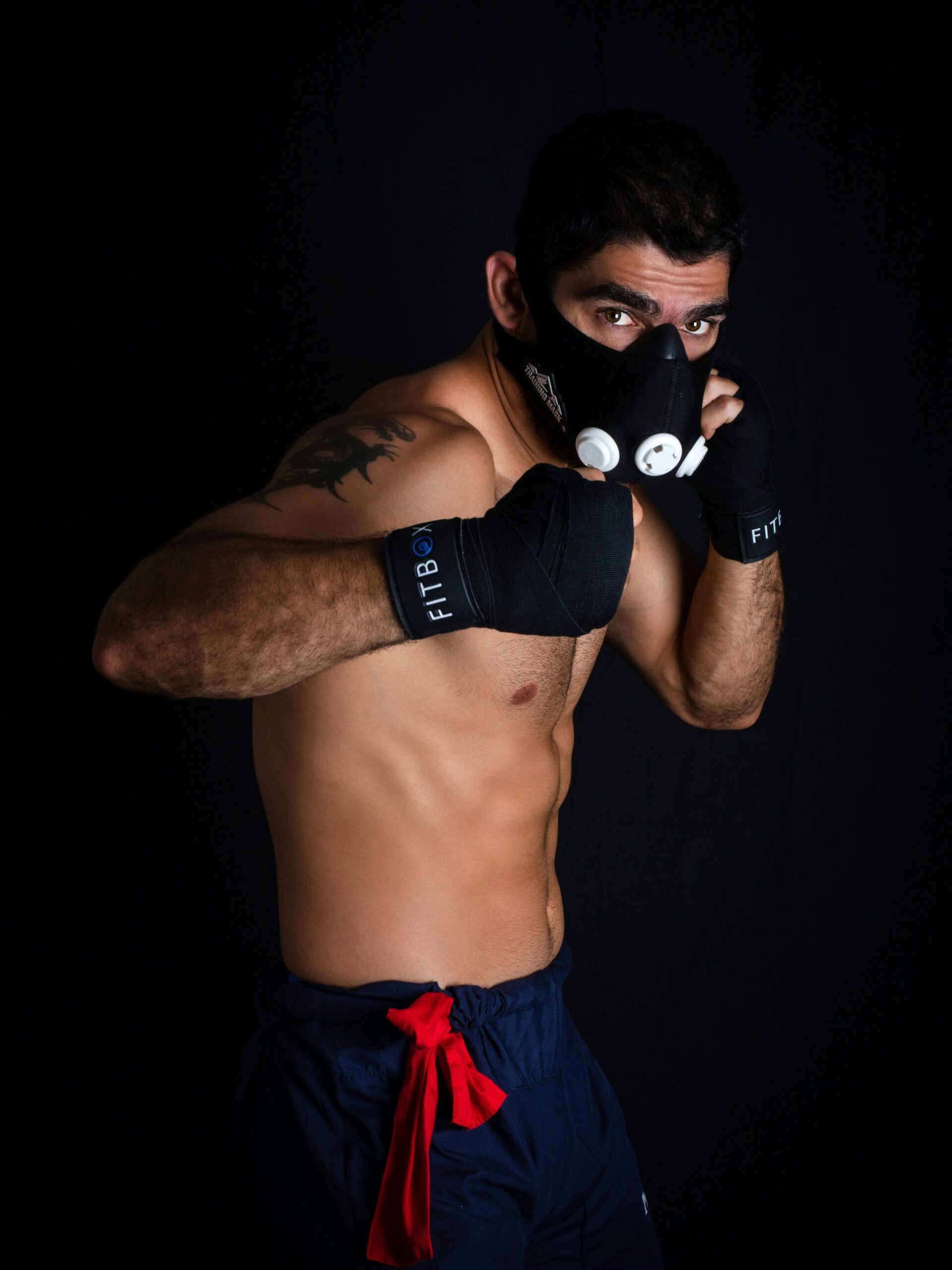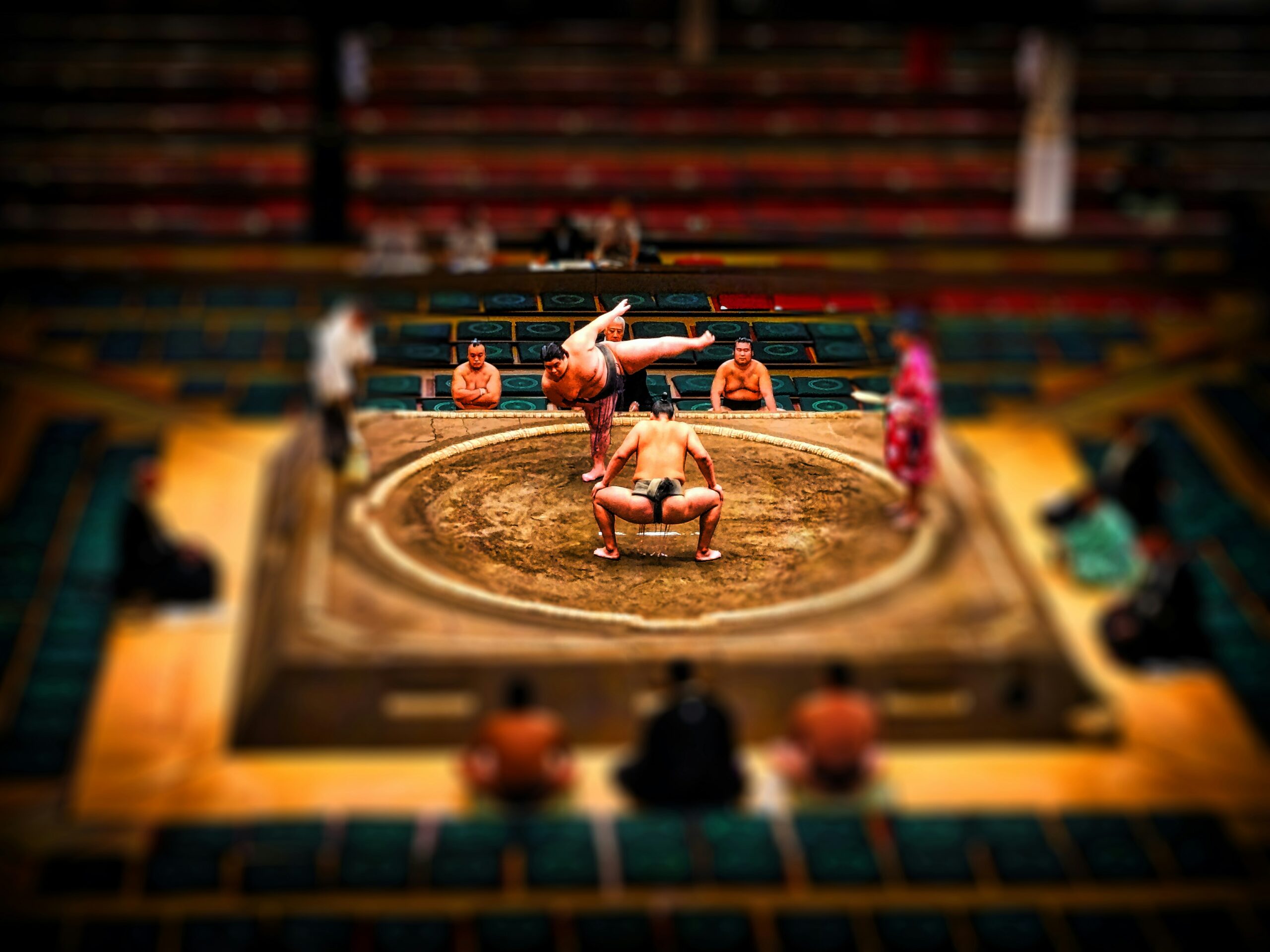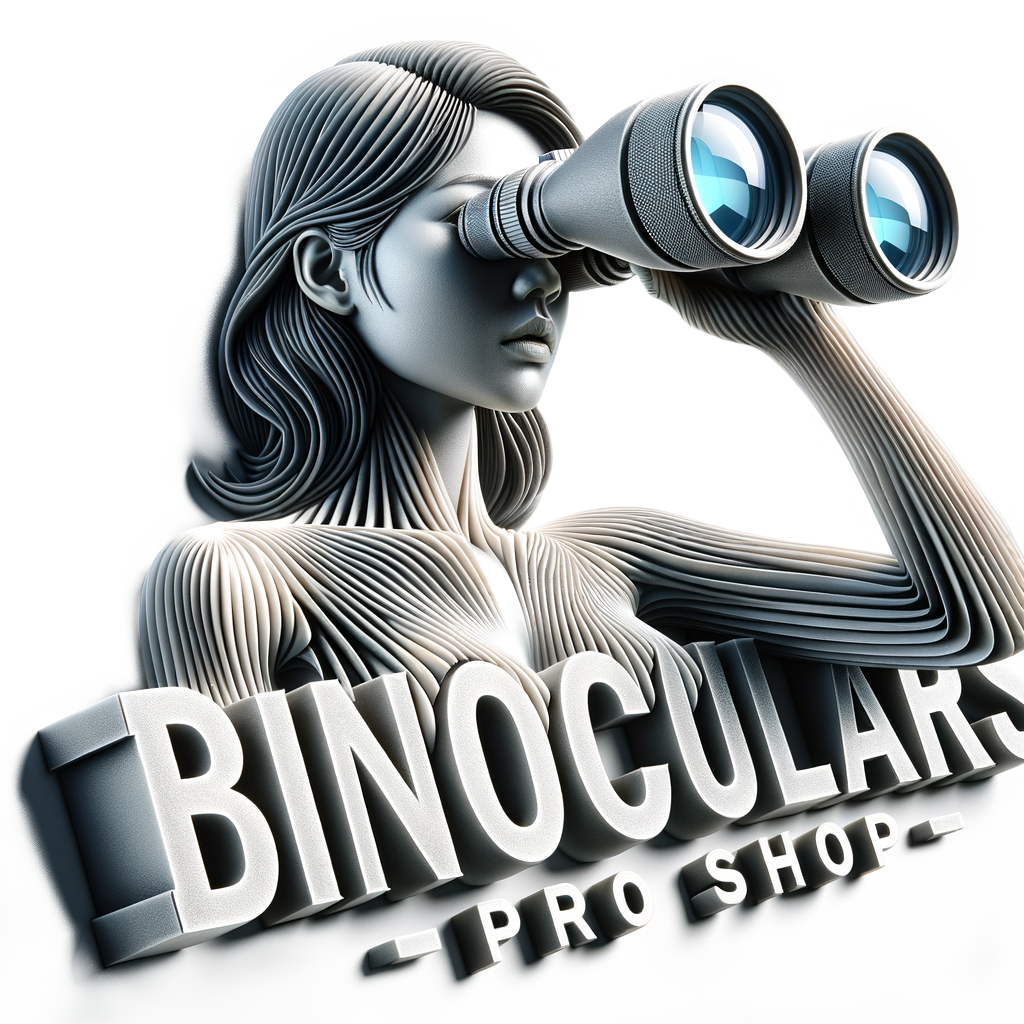Have you ever wondered if you can bring binoculars to a sports game or concert? Well, the answer is yes, you can! Binoculars are indeed allowed in stadiums, and they can enhance your experience by allowing you to get a closer look at all the action happening on the field or stage. Whether you’re an avid sports fan, a music enthusiast, or simply want to make sure you don’t miss any details, having a pair of binoculars by your side can make a big difference in how you enjoy these larger-than-life events. So, next time you head out to catch a game or a live performance, don’t forget to grab your binoculars for an even more immersive and detailed experience!
Common Stadium Security Measures
Understanding general security protocols
When attending a stadium event, it’s important to understand the general security protocols in place to ensure the safety and well-being of all attendees. These measures are put in place to mitigate potential risks and maintain a secure environment for everyone. Common security protocols include bag checks, metal detector screenings, and body searches. These measures may seem strict at times, but they are necessary to prevent prohibited items from entering the stadium.
Commonly prohibited items in stadiums
Stadiums often have a list of commonly prohibited items that are not allowed inside the venue to ensure the safety and comfort of everyone. While the exact list may vary depending on the specific stadium and event, there are some common items that are typically not allowed. These include weapons, outside food and drinks, alcohol, illegal substances, fireworks, and large bags. The purpose of these restrictions is to prevent any potential hazards or disturbances during the event.
Reasoning behind security measures
The primary objective of security measures in stadiums is to ensure the safety and security of all attendees. Stadiums can be crowded places with thousands of people, making it crucial to have strict security measures in place to prevent any potential threats. It is the responsibility of the stadium management to create an environment where everyone can enjoy the event without worrying about their safety. By implementing these security measures, stadiums aim to provide a secure and enjoyable experience for all.
Binoculars and Stadium Policy
Typical stadium policies on binoculars
The policies regarding binoculars can vary from stadium to stadium, as well as from sport to sport. However, in general, binoculars are often allowed in stadiums, as they are not considered to be a security threat or a prohibited item. Stadium policies usually permit the use of binoculars for personal use, especially for those who want to get a closer look at the action happening on the field or stage. It is advisable to check the specific stadium’s policy before attending an event to ensure binoculars are allowed.
Variation in rules across different sports and venues
While binoculars are generally allowed in most stadiums, there may be some variations in rules depending on the specific sport and venue. For example, some indoor arenas may have restrictions on the size of binoculars allowed, while others may limit the type of binoculars that can be used. Different sports, such as football and baseball, may also have specific policies regarding binoculars due to the nature of the game. It’s essential to check the policies of the specific stadium and sport you plan to attend to avoid any inconvenience.
Understanding why binoculars may be considered an issue
Though binoculars are generally permitted in stadiums, there may be instances where they are considered problematic. Stadium management may place restrictions on binoculars to avoid any potential misuse or disturbance. For example, powerful binoculars with extensive zoom capabilities may be prohibited to prevent invasion of privacy or unethical behavior. Additionally, oversized or tripod-mounted binoculars may block the view of other spectators, leading to interference with their experience. These considerations help maintain a fair and enjoyable environment for all attendees.

Binoculars in Football Stadiums
Specific rules for football stadiums around binoculars
Football stadiums typically have specific policies regarding binocular use. In most cases, binoculars are allowed as long as they are for personal use and do not disrupt other spectators. Stadiums may prohibit the use of large binoculars that obstruct the view of others or those with extensive zoom capabilities that can invade privacy. It is important to adhere to the specific policies of the football stadium you are attending, as any violations may result in having to surrender your binoculars or face other consequences.
Experiences and anecdotes of game-goers
Many football game-goers find binoculars to be a valuable tool for enhancing their experience at the stadium. Binoculars allow fans to observe the game more closely, follow the strategies, and focus on specific players or plays. They bring the action on the field closer, making it easier to analyze and appreciate the skills of the athletes. Fans often share anecdotes about how binoculars have elevated their enjoyment of the game, enabling them to catch the subtle details that may be missed from a distance.
Clarifying the issue with stadium management
If you have any concerns or questions regarding the use of binoculars in football stadiums, it’s always best to reach out to stadium management for clarification. They will be able to provide you with the most accurate information regarding the specific policies and guidelines in place. By contacting the stadium management in advance, you can ensure a hassle-free experience and avoid any potential issues while attending the game. Transparent communication with stadium authorities allows for a better understanding of the rules and regulations surrounding binocular use.
Binoculars in Baseball Stadiums
Baseball stadiums and their policies towards binoculars
Baseball stadiums, like football stadiums, commonly allow the use of binoculars for personal use by spectators. Given the vastness of a baseball field and the potential distance between the seating area and the action, binoculars can greatly enhance the viewing experience. However, similar to other stadiums, there may be restrictions on oversized or tripod-mounted binoculars to prevent obstruction of the view for others. Make sure to familiarize yourself with the specific policies of the baseball stadium you plan to visit for an enjoyable experience.
Effects on audience experience?
The use of binoculars in baseball stadiums can have a positive impact on the audience experience. With binoculars, fans are able to closely follow the game, watch the players’ expressions, and analyze their movements with greater clarity. Binoculars allow spectators to feel more engaged and connected to the sport, even when sitting further away from the action. They can also help fans identify specific players on the field and track the trajectory of the ball, providing a more immersive and exciting experience.
Accounts from baseball fans who carry binoculars
Baseball fans who take binoculars to the stadium often rave about the enhanced experience they provide. Many share stories of being able to see the smallest details, such as the grip on a pitcher’s ball or the subtle movements of outfielders. Binoculars enable fans to have a more comprehensive view of the game, allowing them to appreciate the strategies and skills involved. These accounts highlight the benefits of binoculars in baseball stadiums and demonstrate why many fans choose to bring them along to enrich their enjoyment of the sport.

Binoculars in Concert Venues
Rules on binoculars in concert grounds and arenas
Concert venues and arenas usually have their own set of rules regarding binoculars. While the policies may vary, binoculars are generally permitted for personal use during concerts. The ability to see performers up close and observe their expressions and movements can greatly enhance the concert experience for many attendees. However, similar to stadiums, there may be restrictions on the size or type of binoculars allowed to prevent obstruction or interference with others’ view. Familiarize yourself with the concert venue’s specific policies to ensure a smooth and enjoyable experience.
Perspectives from concert-goers
Concert-goers who bring binoculars to live performances often find them to be incredibly helpful in enhancing their overall experience. Binoculars can bring performers closer, enabling fans to better appreciate their talent and stage presence. Many attendees enjoy using binoculars to focus on specific musicians during solos or to see intricate details of the performance that may be missed from a distance. These perspectives from concert-goers demonstrate the value of binoculars in concert venues and their ability to provide a more intimate connection with the artists.
Discussing the potential restrictions with event organizers
If you have any concerns or questions regarding the use of binoculars in a specific concert venue, it is advisable to reach out to the event organizers for clarification. They will be able to provide you with the most accurate information regarding the policies in place. By addressing any potential restrictions in advance, you can avoid any last-minute surprises and ensure that you are able to use binoculars to enhance your concert experience, provided they are within the guidelines set by the organizers.
On-the-Day Stadium Protocol
What happens if my binoculars are confiscated?
If your binoculars are found to be in violation of stadium policies during the security check, they may be confiscated. In such cases, the stadium staff will typically provide you with a claim ticket or similar means to retrieve your item once the event is over. It’s important to follow the instructions provided and not attempt to bring prohibited items into the stadium, as this could result in being denied entry or facing further consequences. Remember that stadium security measures are in place to ensure the safety and enjoyment of all attendees.
Procedures during security checks
During security checks at the stadium, it is standard practice for attendees to pass through metal detectors, have their bags inspected, and may also undergo body searches. These measures are put in place to detect any prohibited items and maintain a secure environment. When approaching the security checkpoint, it is helpful to have your bag open for inspection and any metallic objects or items that need to be removed readily accessible. Cooperating with security personnel and following their instructions will help expedite the process and ensure a smooth entry into the stadium.
What to do if your item is not allowed inside
If you have an item that is prohibited by stadium policy and it cannot be brought inside, it’s important to follow the instructions provided by the stadium staff. In most cases, they will allow you to store the item in a designated area where it can be safely held until the end of the event. Alternatively, you may be required to return the item to your vehicle or dispose of it in a designated receptacle. It’s always best to comply with the regulations to avoid any further inconvenience or disruption to your stadium experience.

Binoculars: A Nuisance or a Necessity?
Effect of binoculars on other spectators
While binoculars can greatly enhance the experience of the person using them, it is essential to be mindful of their potential impact on other spectators. Oversized or tripod-mounted binoculars that obstruct the view of those seated behind can be a nuisance and diminish the enjoyment of the event for others. It is important to consider the space and seating arrangement when using binoculars, ensuring that they do not interfere with the sightlines of other spectators. Practicing binocular etiquette, such as using them intermittently or positioning them in a way that does not obstruct others’ view, helps maintain a positive experience for everyone.
Benefits of bringing binoculars to games and concerts
Bringing binoculars to games and concerts can have numerous benefits for the individual using them. Binoculars allow for a closer and more detailed view of the action, enhancing the overall experience and appreciation of the event. They enable spectators to see facial expressions, read body language, and catch intricate details that may not be visible from a distance. Binoculars also provide an opportunity to focus on specific aspects of the performance or game, allowing for a more personalized and immersive experience.
Binocular etiquette in stadiums
To ensure that binoculars do not become a nuisance to other spectators, it is important to practice binocular etiquette in stadiums. This includes using them intermittently rather than constantly, rotating their use among those in your group, and being considerate of others’ sightlines. Avoid obstructing the view of those behind you and be mindful of the space you occupy. By practicing these simple guidelines, you can enjoy the benefits of binoculars while maintaining a positive and respectful atmosphere for everyone attending the event.
Appropriate Binoculars for Stadiums
Choosing the right binocular for stadium use
When selecting binoculars for stadium use, there are a few key factors to consider. First, consider the magnification power. Binoculars with a magnification of 8x or 10x are generally recommended for stadium use, as they provide a good balance between zoom capabilities and stability. Additionally, look for binoculars with a wide field of view to easily capture all the action on the field or stage. Finally, consider the size and weight of the binoculars to ensure they are portable and comfortable to use throughout the event.
Features to look for in a stadium binocular
For optimal performance in stadiums, there are certain features to look for in binoculars. Consider binoculars with image stabilization technology to minimize shakiness and improve image clarity, particularly if you plan to use them for extended periods. Waterproof or weather-resistant binoculars are also beneficial, as they can withstand various weather conditions that may occur during outdoor events. Additionally, compact and lightweight binoculars are ideal for ease of use and portability. Keep these features in mind when selecting binoculars for a stadium event to ensure a seamless viewing experience.
Popular binocular brands among sports enthusiasts
When it comes to binoculars, there are several popular brands among sports enthusiasts that offer high-quality products. Brands like Nikon, Canon, Bushnell, and Zeiss have a reputation for producing binoculars renowned for their performance and durability. These brands offer a wide range of options to cater to different price points and individual preferences. Reading reviews, comparing specifications, and considering personal requirements will help you choose the brand and model that best suits your needs when investing in binoculars for stadium use.
Alternatives to Binoculars in Stadiums
Use of cameras and other digital devices
If binoculars are not an option or if you prefer alternative methods of enhancing your viewing experience, cameras and other digital devices can be a suitable alternative. Many smartphones have impressive zoom capabilities that allow you to capture and zoom in on the action from a distance. Additionally, there are camera accessories available, such as telephoto lenses, that can attach to your smartphone for an enhanced zoom experience. However, it’s important to check the specific policies of the stadium or event you’re attending, as some venues may have restrictions on professional cameras or recording devices.
Exploring stadium-provided services and tools like screens and telescopes
Stadiums often provide various services and tools to enhance the spectator experience. Some stadiums may have large screens strategically placed throughout the venue, allowing you to view close-up shots of the action. These screens can be particularly helpful if you’re seated far from the field or stage. Additionally, some stadiums may offer the use of telescopes or other viewing devices that you can rent or borrow, providing an alternative to binoculars. Exploring the services and tools available at the specific stadium you’re attending can help you choose the best option for enhancing your viewing experience.
Advancements in technology that may replace binoculars
As technology continues to advance, there may be future developments that could potentially replace the need for traditional binoculars in stadiums. Virtual reality (VR) technology, for example, has the potential to provide a more immersive and up-close experience from the comfort of your seat. With VR headsets, spectators could feel like they are right in the midst of the action, without the need for physical binoculars. However, it’s important to note that these advancements may take time to become widely available and adopted in stadiums.
Advice for First-Time Stadium Goers
Dos and don’ts for stadium newbies
If you’re attending a stadium event for the first time, there are some essential dos and don’ts to keep in mind. Do familiarize yourself with the specific stadium’s policies and guidelines, as well as any specific rules for the sport or event you’re attending. Do arrive early to allow enough time for security checks and finding your seat. Do be considerate of other spectators and practice good sportsmanship. Don’t bring prohibited items or items that could be a nuisance to others, such as oversized bags or loud noise-making devices. Don’t forget to stay hydrated, wear appropriate clothing, and enjoy the experience!
What to bring and what not to bring
When attending a stadium event, it’s important to bring only the essentials to ensure a hassle-free experience. Do bring your ticket or proof of entry, as well as any necessary identification. It is advisable to bring a small bag or backpack to carry personal items, such as a wallet, keys, and cell phone. You may also bring snacks or a refillable water bottle to stay refreshed throughout the event. However, don’t bring outside food and drinks, as many stadiums have restrictions on these items. Additionally, leave any prohibited items, such as weapons or illegal substances, at home to avoid complications during the security check.
Tips for a hassle-free stadium experience
To make the most of your stadium experience, there are a few additional tips to ensure a hassle-free time. Arriving early not only allows ample time for security checks but also gives you the opportunity to explore the stadium, find your seating area, and soak in the atmosphere before the event begins. Familiarize yourself with the stadium layout and amenities, such as restrooms and concession stands, to avoid any confusion or last-minute searching. Lastly, be respectful of other spectators, cheer for your favorite team or artist, and enjoy the camaraderie that comes with attending a live event.
